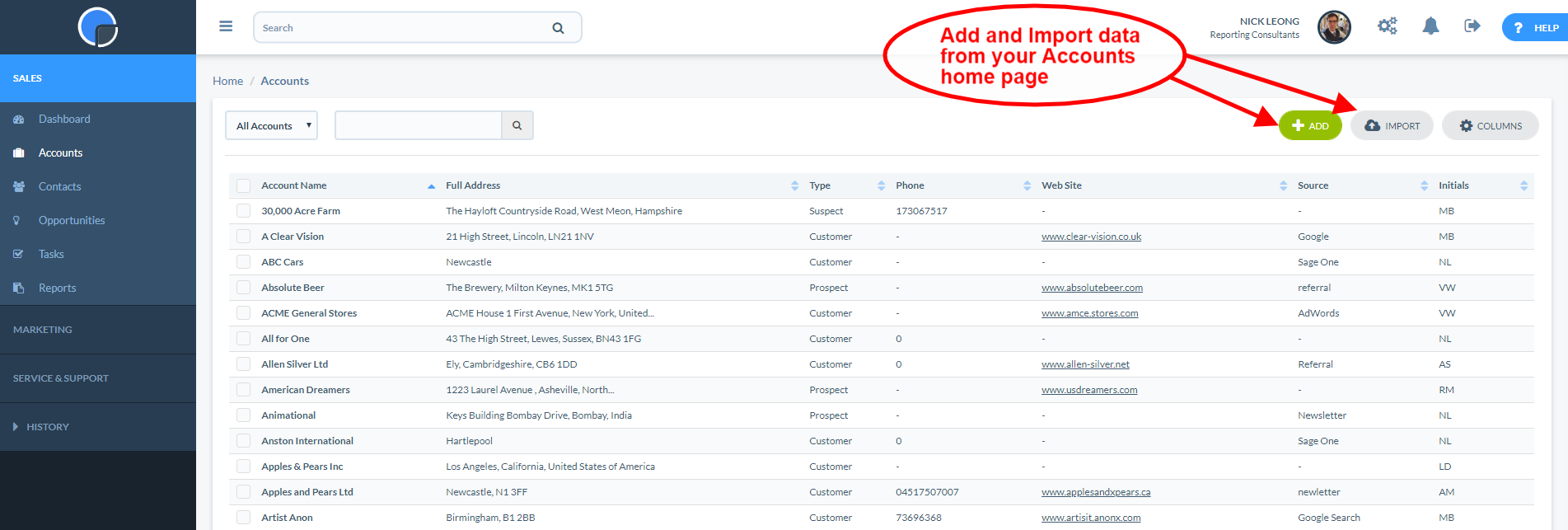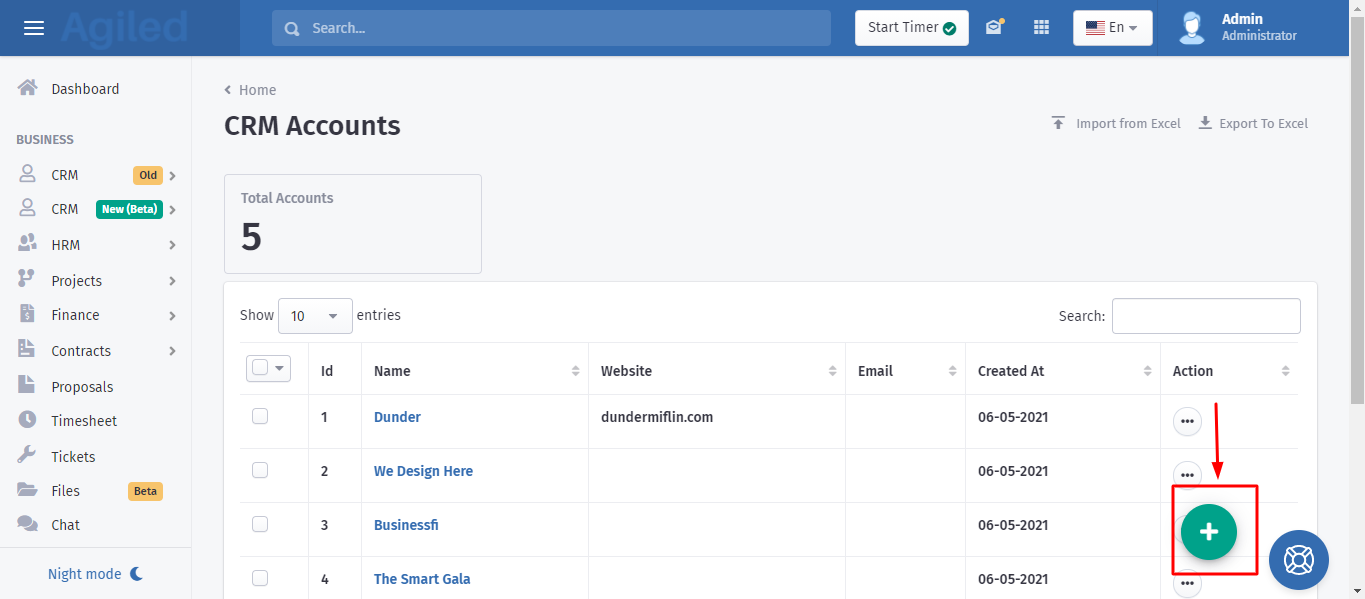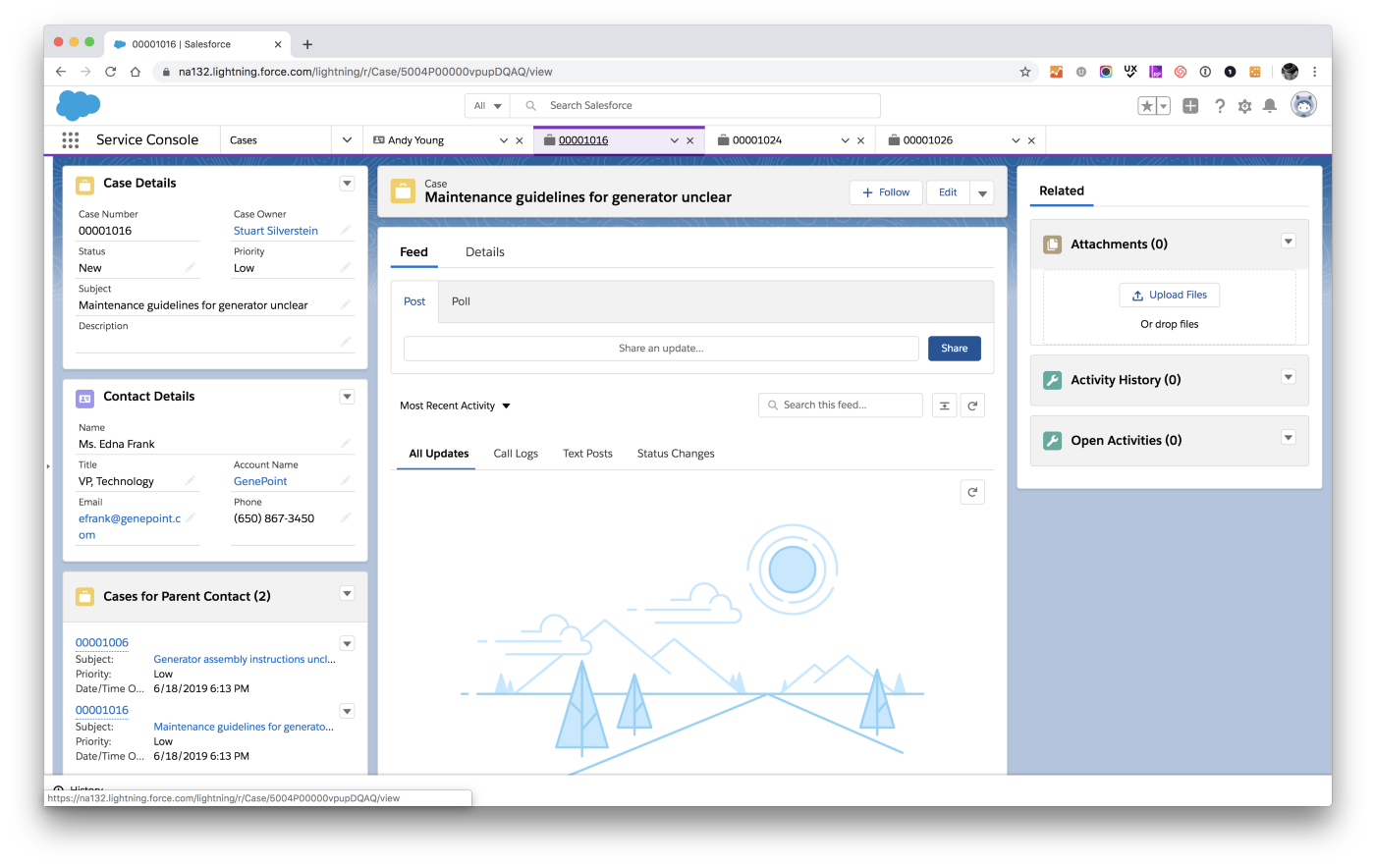crm account management simplified for your business is all about taking control of how your company interacts with customers and partners. Whether you’re running a small startup or a large enterprise, managing CRM accounts effectively can make all the difference in streamlining processes, making data-driven decisions, and building lasting relationships.
At its core, a crm account serves as the central hub for all information and activities related to a business or individual client within your CRM system. Understanding the types of CRM accounts, how they differ from leads or contacts, and the features they offer can help you tailor your approach for better efficiency. With customizable fields, integration options, and powerful automation capabilities, CRM accounts are designed to adapt to your unique business needs while keeping your data secure and accessible.
CRM Account: Definition, Features, and Strategic Business Value
Customer Relationship Management (CRM) accounts are a fundamental component in modern business systems, serving as the cornerstone for all interactions, transactions, and customer data management activities. In both small startups and large enterprises, understanding and utilizing CRM accounts can significantly enhance the efficiency of sales, support, and marketing operations.
A CRM account functions as a digital profile for an organization or individual, consolidating all relevant information and historical activities in one accessible location. This streamlined approach enables businesses to deliver personalized service, maintain organized records, and execute targeted campaigns with greater accuracy.
Definition and Importance of CRM Account
A CRM account represents an organizational entity or individual customer within a customer relationship management system. It acts as the central record that aggregates all interactions, communications, and transactions related to that client or company.
CRM accounts are critically important because they offer a unified view of every customer or business partner. This unified perspective allows companies of any scale to manage relationships efficiently, foster loyalty, and identify growth opportunities. Small businesses benefit from structured customer data, while larger enterprises rely on CRM accounts for scalability and advanced analytics.
Unlike leads—which represent potential customers at the early stage—or contacts, who are specific individuals, CRM accounts focus on the entire organization or primary customer entity. This distinction is vital for managing multi-contact relationships, tracking deals, and supporting complex B2B sales cycles.
Key Features of CRM Accounts
CRM account modules are loaded with essential features designed to centralize information, improve collaboration, and streamline business operations. These features collectively empower teams to manage customer lifecycles more effectively and drive better results.
| Feature | Description | Benefit | Example |
|---|---|---|---|
| Centralized Data Storage | All customer-related data stored in one place | Reduces data silos and enhances accessibility | View company details, contacts, and deal history in a single dashboard |
| Activity Tracking | Logs calls, emails, meetings, and notes | Improves follow-ups and historical reference | See every interaction with a client over time |
| Custom Fields | Allows field customization based on business needs | Supports diverse industries and specific requirements | Add “Industry Type” or “Contract Expiry Date” fields |
| Role-Based Access | Controls visibility and editing rights for users | Enhances security and data privacy | Only account managers can edit sensitive financial info |
These features collectively streamline customer interactions and data management, resulting in quicker response times, fewer errors, and improved customer satisfaction.
Types of CRM Accounts
Different types of CRM accounts are used to categorize and manage various relationships within a business ecosystem. Identifying account types enables organizations to tailor their approach and communication strategies according to the nature of the relationship.
There are several common CRM account types:
- Business Accounts: Represent companies or organizations, often containing multiple contacts, deals, and associated activities.
- Individual Accounts: Focus on single customers, typically relevant for B2C models or when selling directly to end users.
- Partner Accounts: Track business partners, resellers, or distributors, supporting collaboration and joint ventures.
Business accounts are best utilized in B2B sales environments, where multiple stakeholders may be involved in decision-making. Individual accounts are more appropriate for retail, healthcare, or service industries targeting single consumers. Meanwhile, partner accounts facilitate seamless coordination with third parties, ensuring alignment and mutual growth.
Procedures for Creating and Managing CRM Accounts
Establishing and maintaining CRM accounts requires a systematic approach to ensure data accuracy and consistency. Following standardized procedures helps organizations avoid duplication, maintain up-to-date information, and maximize the value of their CRM system.
Here is a structured overview of procedures and associated best practices:
| Procedure | Steps | Best Practice |
|---|---|---|
| Creating a New Account |
|
Include as much detail as possible initially to reduce follow-up edits. |
| Updating Account Information |
|
Document every update to maintain an audit trail and transparency. |
| Merging Duplicate Accounts |
|
Regularly audit for duplicates to ensure clean data. |
| Deleting Accounts |
|
Set deletion permissions to admin users only and log every deletion. |
Data Fields and Customization Options in CRM Accounts

Every CRM account record comes with a set of standard data fields, but flexibility is key to ensuring the system adapts to industry-specific requirements and workflows.
Standard data fields typically include:
- Account Name
- Account Type
- Main Contact
- Industry
- Address
- Phone Number
- Account Owner
- Status (Active/Inactive)
Many CRM platforms allow users to customize account fields, enabling alignment with unique business processes. This adaptability ensures the CRM delivers maximum value across different sectors.
Examples of custom field configurations for different industries:
- Real Estate: Property Portfolio, Lease Expiry Date, Asset Value
- Healthcare: Patient Record Number, Insurance Provider, Primary Physician
- IT Services: Service Level Agreement (SLA) Type, Support Tier, Renewal Date
- Manufacturing: Product Lines, Contract Volume, Delivery Schedule
Integrations and Automation with CRM Accounts

Integrating CRM accounts with other business tools expands their functionality and streamlines workflows. Automation built around CRM accounts can further boost productivity by eliminating repetitive tasks and ensuring timely follow-ups.
Common integration and automation examples include:
| Integration Type | Use Case | Benefits | Tools Involved |
|---|---|---|---|
| Email Integration | Log and track emails exchanged with account contacts | Ensures all communication history is stored centrally | Outlook, Gmail, Zoho Mail |
| Marketing Automation | Segment accounts for personalized campaigns | Increases engagement and conversion rates | HubSpot, Mailchimp |
| Workflow Automation | Trigger tasks or notifications when account data changes | Speeds up response time and reduces manual workload | Zapier, Salesforce Process Builder |
| ERP Integration | Sync account financials and order history | Improves quoting and invoicing accuracy | SAP, Oracle NetSuite |
Automation can include scheduled reminders for renewals, automatic assignment of tasks when a new account is added, or alerts for inactive accounts, ensuring nothing falls through the cracks.
Security and Access Control for CRM Accounts
Protecting sensitive account information is a critical aspect of CRM management. Robust security and access controls are vital to maintaining client trust and regulatory compliance.
Modern CRM systems provide granular control over who can view, edit, or delete account data. Common security features include role-based access, field-level permissions, and audit logs. These tools ensure that only authorized personnel can make changes to critical information.
“Enable role-based permissions to restrict access to high-value accounts, ensuring only relevant team members can view or edit sensitive data.”
“Activate field-level security to hide financial fields from non-finance users, reducing risk of data leakage or unauthorized access.”
“Maintain comprehensive audit trails to track every modification, supporting accountability and compliance requirements.”
Best Practices for Effective CRM Account Management
Keeping CRM account data clean, relevant, and actionable is an ongoing process. Effective management strategies help organizations harness the full power of their CRM.
Segmentation of accounts by industry, region, or deal stage can improve sales prioritization and targeted marketing efforts. Regular data audits, clear ownership assignment, and robust duplicate detection all contribute to a reliable CRM system.
Common mistakes to avoid include:
- Failing to regularly update account information, leading to outdated records.
- Allowing duplicate accounts to persist, causing confusion and inefficiency.
- Granting excessive account access, risking data breaches or accidental edits.
- Neglecting to document activities and communications, resulting in lost context.
- Ignoring account segmentation, missing opportunities for personalized engagement.
Real-World Use Cases and Applications of CRM Accounts
CRM accounts play a pivotal role in various industries, powering everything from sales growth to customer support excellence. Their flexibility and depth make them indispensable for organizations aiming for efficiency and customer-centricity.
| Industry | Application | Outcome | Key Features Used |
|---|---|---|---|
| Software/SaaS | Manage trial users and convert to paid customers | Boosted conversion rates and user retention | Custom Fields, Activity Tracking, Email Integration |
| Manufacturing | Track B2B clients and coordinate orders | Improved delivery times and order accuracy | ERP Integration, Role-Based Access, Centralized Data |
| Retail | Segment customers for loyalty programs | Increased repeat purchases and customer loyalty | Marketing Automation, Segmentation, Custom Reports |
| Healthcare | Monitor patient organizations and referral sources | Optimized communication and compliance documentation | Field Customization, Audit Logs, Secure Access Control |
Different departments within an organization—sales, marketing, support, operations—leverage CRM accounts to track progress, measure KPIs, and collaborate on shared objectives. For instance, sales teams use accounts to manage pipelines and forecast revenue, while support teams rely on account histories to resolve issues efficiently.
Illustrative Descriptions of CRM Account Dashboards and Reports
A well-designed CRM account dashboard gives users instant visibility into all relevant account metrics and activities. Dashboards typically feature widgets such as activity timelines, deal progress charts, open support tickets, and key financial indicators.
Key Performance Indicators (KPIs) displayed might include total revenue by account, open opportunities, recent interactions, and customer satisfaction scores. Customizable widgets allow users to tailor the dashboard to their workflow, presenting the most actionable data up front.
Detailed reports generated from CRM accounts provide insights into account health, churn risk, and growth opportunities. Users can filter reports by account type, status, industry, or region, and visualize data through charts, graphs, and heatmaps. Some CRMs offer predictive analytics, flagging accounts likely to convert or requiring immediate attention.
For visualizing CRM analytics screens, imagine a dashboard with a central panel listing top accounts by revenue, a sidebar with live activity feeds, and a chart summarizing open deals by stage. Drill-down options enable users to explore individual account histories, communication logs, and performance trends, supporting informed decision-making and strategic planning.
Closing Summary: Crm Account

Mastering crm account management unlocks a world where your sales, marketing, and support teams work in sync, data stays clean and organized, and customer interactions become more meaningful. By leveraging the right features, integrations, and best practices, you’ll not only stay ahead of the competition but also drive impressive results across your organization.
FAQ Resource
What is the difference between a CRM account and a contact?
A CRM account typically represents an entire business or organization, while a contact is an individual person associated with one or more accounts.
Can I customize data fields in my CRM account?
Yes, most CRM systems allow you to add, remove, or modify data fields to suit your business requirements.
How secure is my customer data in a CRM account?
Modern CRM platforms offer robust security features like user access controls, encryption, and audit trails to protect sensitive data.
Is it possible to integrate CRM accounts with other tools?
Absolutely, CRM accounts can be integrated with marketing, email, support, and other business applications for seamless workflows.
What should I avoid when managing CRM accounts?
You should avoid duplicating records, neglecting data updates, and giving excessive access permissions to reduce errors and protect data integrity.
